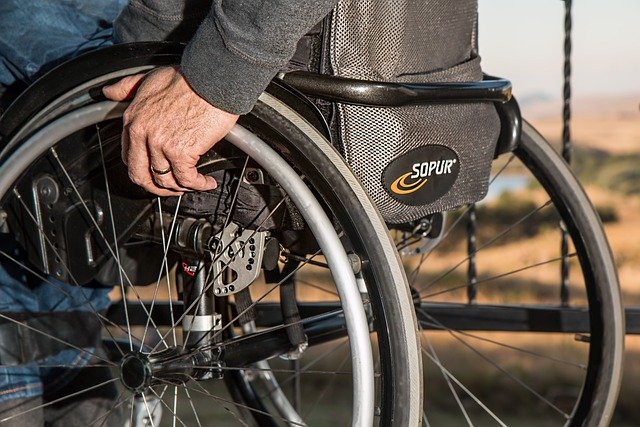Insights into Working in the Security Sector in Germany
For individuals residing in Germany, the security sector presents various insights into the nature of work in this field. Understanding the conditions, responsibilities, and expectations of security roles can provide valuable information for those considering this path. This overview aims to clarify what working in security entails and the essential aspects that shape this industry.

The security industry in Germany represents a significant employment sector, providing essential services across multiple domains including retail protection, event security, corporate facilities, and public safety support. This field encompasses various specializations, each requiring specific skills and qualifications that align with German regulatory standards and industry best practices.
Understanding the Security Sector in Germany
Germany’s security landscape is highly regulated and professionally structured, operating under strict legal frameworks that ensure quality standards and worker protection. The sector includes private security companies, in-house corporate security departments, and specialized protection services. Major areas of employment include retail security, industrial facility protection, event management security, personal protection services, and transportation security.
The industry is governed by the Bewachungsverordnung (Security Regulation) and requires specific licensing and training certifications. Security personnel must obtain the necessary permits through local authorities and complete mandatory training programs that cover legal foundations, conflict de-escalation, and emergency response procedures.
Key Conditions and Responsibilities in Security Roles
Security positions in Germany typically involve shift work, including evenings, weekends, and holidays, as protection services operate around the clock. Responsibilities vary significantly depending on the specific role but commonly include access control, surveillance monitoring, incident reporting, emergency response coordination, and customer service interactions.
Working conditions emphasize professional conduct, with security personnel expected to maintain composure under pressure while following established protocols. Physical fitness requirements may apply for certain positions, particularly those involving patrol duties or crowd management. Many roles require standing for extended periods and the ability to respond quickly to various situations.
The sector offers both full-time and part-time employment opportunities, with many companies providing flexible scheduling options. Career advancement possibilities include supervisory roles, specialized training positions, and management opportunities within security organizations.
Pathways to Entering the Security Field in Germany
Entry into the security sector requires completing the Sachkundeprüfung (competency examination) administered by local chambers of commerce or industry. This examination covers legal knowledge, safety procedures, and professional conduct standards. Additionally, candidates must obtain a certificate of reliability (Zuverlässigkeitsüberprüfung) from local authorities.
Training programs are available through various institutions, including vocational schools, private training centers, and employer-sponsored programs. The standard qualification process typically takes several weeks to complete and includes both theoretical instruction and practical exercises. Some positions may require additional certifications, such as first aid training or specialized equipment operation.
Many security companies provide on-the-job training for new employees, combining formal education with practical experience under supervision. This approach helps workers develop specific skills relevant to their assigned duties while ensuring compliance with industry standards.
| Role Type | Typical Requirements | Monthly Salary Range (EUR) |
|---|---|---|
| Retail Security Guard | Sachkundeprüfung, Basic Training | 1,800 - 2,400 |
| Event Security Personnel | Crowd Management Certification | 2,000 - 2,800 |
| Corporate Facility Security | Advanced Training, Clean Record | 2,200 - 3,200 |
| Personal Protection Officer | Specialized Training, Experience | 3,000 - 4,500 |
| Security Supervisor | Leadership Experience, Certifications | 3,500 - 5,000 |
Salary estimates mentioned in this article are based on the latest available information but may change over time. Independent research is advised before making financial decisions.
The security sector in Germany continues evolving with technological advances, incorporating digital surveillance systems, access control technologies, and communication equipment that enhance operational effectiveness. Professional development opportunities exist through continuing education programs, specialized certifications, and industry associations that support career growth.
Workers in this field often find satisfaction in contributing to public safety and protecting people and property. The diverse nature of security work means that no two days are identical, providing variety and engagement for those who enjoy dynamic work environments. Many security professionals develop transferable skills in communication, problem-solving, and crisis management that prove valuable throughout their careers.
Success in the security sector requires reliability, attention to detail, and strong interpersonal skills. The ability to remain calm under pressure and communicate effectively with diverse groups of people is essential. Physical and mental resilience, along with a commitment to ongoing professional development, contribute to long-term career success in this important industry that serves as a cornerstone of German safety infrastructure.




